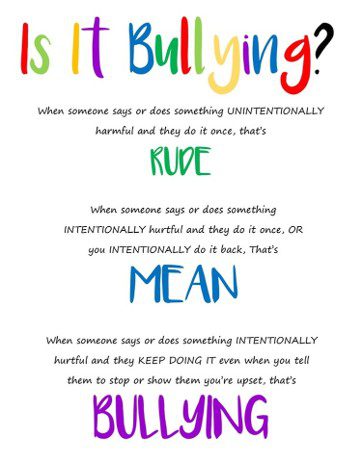During the first term of each academic year, we focus explicitly on teaching these behaviours. Our teachers model and demonstrate these essential habits, setting a clear example for the children to follow. We understand that practising these behaviours consistently will over time turn them into automatic routines. As our pupils begin to internalise these behaviours, their self-esteem grows, and they develop a positive perception in the eyes of others.
We are aware that every child is unique and has different needs, which is why our behaviour curriculum is designed to cater to all pupils. However, we recognise that the application of these principles may look different across year groups, adapted to suit varying ages and individual educational needs. For instance, some children might struggle with maintaining eye contact or frequently demonstrating ‘wonderful walking’. In such cases, staff must approach the reinforcement of the behaviour curriculum with sensitivity and understanding, ensuring each child feels supported and encouraged.
At St Joseph’s, we’re committed to nurturing a school environment where every child can thrive. By promoting these behaviours in all areas of their lives, we aim to create a respectful community where everyone feels valued and inspired to be their best selves. Together, we can foster an atmosphere that nurtures character development, establishing firm foundations for our pupils’ future endeavours.
Rules: Ready, Respectful and Safe
| Ready | Respectful | Safe |
| School Uniform | Listen to others and expect to be listened to | Be in the right place at the right time |
| Full equipment | Appropriate language and tone | No physical contact |
| Listening | Look after the building, displays and equipment | Stay safe online, both in and out of school |
| Be on time | Represent St Joseph’s at its best, both in and out of school | Report any problems to an adult |
Recognition
| Reward System | Who for? | Why? |
| ClassDojo points House points | Individual Nursery to Year 6 | Catch them getting it right.
Points also include our values: concentrate, don’t give up, imagine, improve, push yourself, try new things, understand others, work hard.
We use ClassDojo points to promote positive behaviour in the classroom. House Points are awarded for positive behaviour seen around school when working as a team, such as excellent lining up, good movement around the school and supporting each other. When the House jars are full, the children decide on an enrichment activity they would like to do. Once awarded, points are never taken away. |
| Social Excellence | Individual Nursery to Year 6 | Staff award children with raffle tickets, for following the Social Excellence focus skill. The children who win the raffle choose a friend/family member to invite to a lunchtime pizza party. |
| Celebration Assembly | Individual Nursery to Year 6 | A weekly assembly celebrating the achievements of all our children. Staff nominate children to sit on the Best Seats in the House with popcorn, for living out our Mission Statement, being a Friendship Ambassador, sports star and champion of homework initiatives. Staff also award certificates to children who have shown effort/progress or who have demonstrated our school values, for example resilience to complete a piece of work. |
| Always Club | Individual Nursery to Year 6 | As a way of acknowledging children who go over and above the expectations, our staff nominate children to have ‘hot chocolate’ in the staffroom. Children also replace their school tie with a golden tie for the week. |
| Praise postcards home | Individual Nursery to Year 6 | Recognising children who have shown effort in a variety of aspects of school life, centred around our school values (Character Education). |
Support
Self-regulating space: The Zen Den
Classroom Support
Calm and easy on every step with plenty of take-up time. Resist the urge to jump steps.
At St Joseph’s, we take bullying very seriously.
To tackle this issue head-on, we’ve attached a poster that outlines how we approach bullying with our children. It’s important for us that our students feel safe and supported, so we make sure everyone knows what steps to follow if they ever feel uncomfortable or hurt.
Behind the scenes, our dedicated staff team conducts thorough investigations whenever a bullying situation arises.
We’ve also put some effort into understanding our children’s perspectives on bullying: we do this through surveys and interactive questioning, which allows them to share their thoughts and feelings openly.
Together, we can create a positive environment where every child feels valued and respected.




